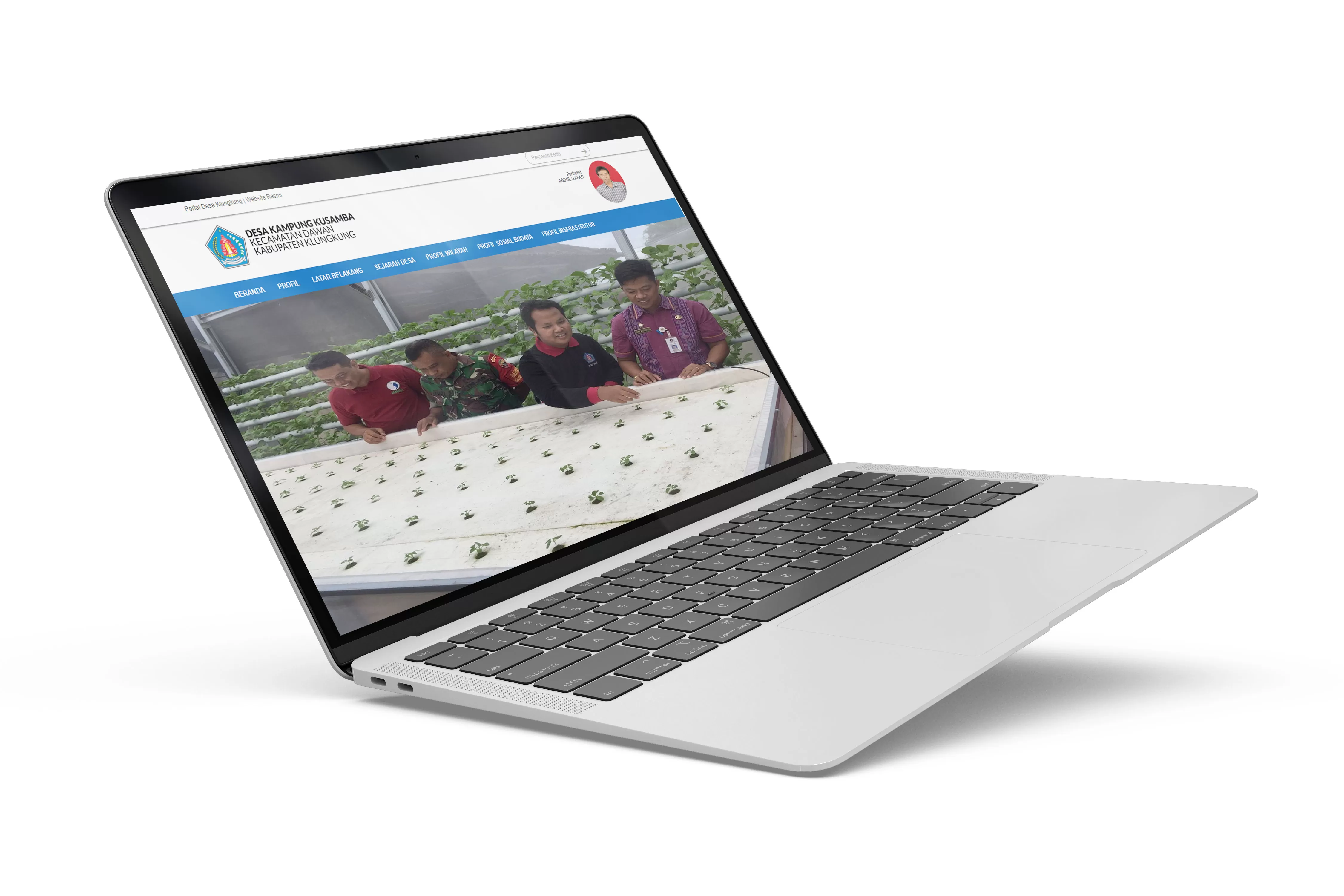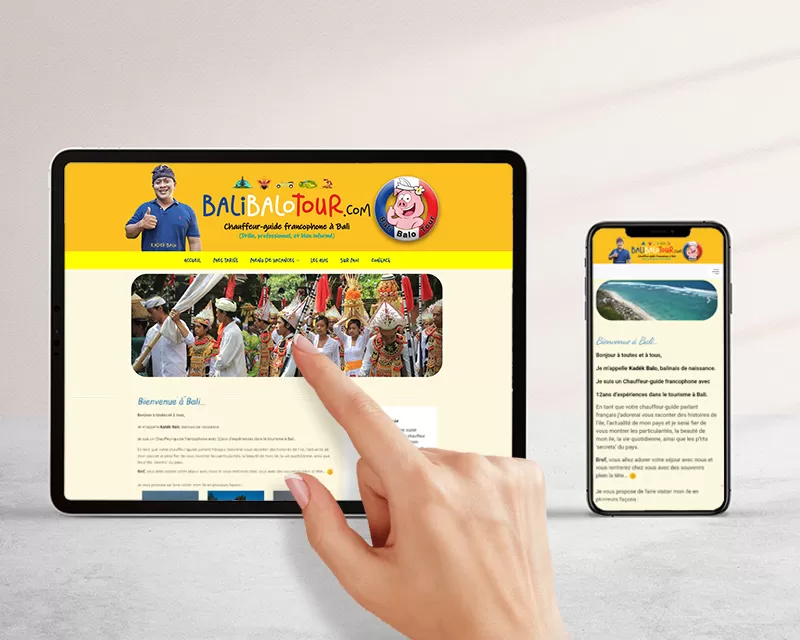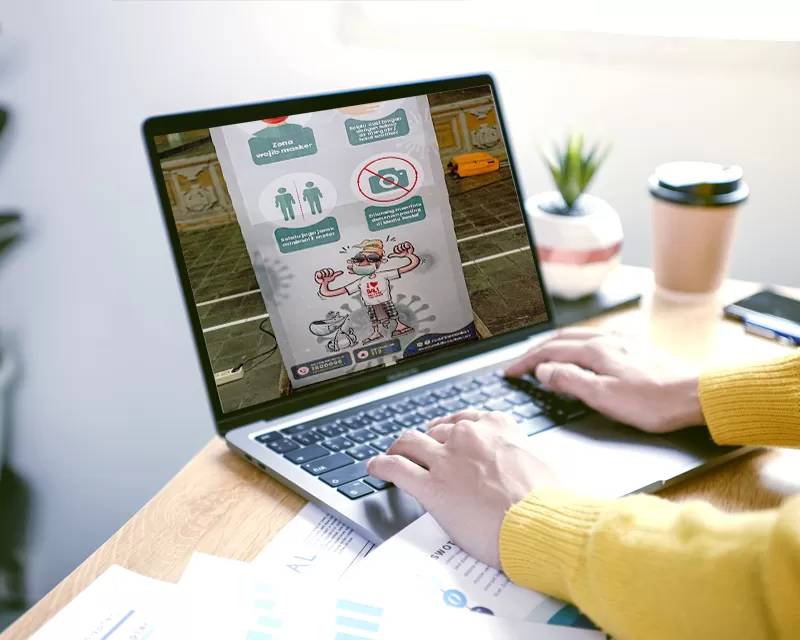How to Stay Safe Online: 7 Tips for Internet Safety Day 2024

Internet Safety Day may only come around once a year, but the need to stay safe online is a constant one in 2024. It’s never been more challenging, either, with the recent surge of artificial intelligence technologies creating alarming AI scams and exciting new possibilities in equal measure.
Moreover, the need to stay safe online is one that crosses all segments of society, from small businesses that simply can’t afford to suffer a data breach, to parents concerned by what their kids might encounter on social media.
With that in mind, here are our expert tips to help you improve your online security and stay safe across all corners of the web.
Ensure your passwords are bulletproof
Educate yourself in everything AI
Use a reliable VPN
Enable 2FA and passkeys
Look out for vulnerable internet users
Install those annoying updates
Check if you’ve already been hacked
Get the latest tech news, straight to your inbox
Stay informed on the top business tech stories with Tech.co's weekly highlights reel.
Name
Email Address
Subscribe
By signing up to receive our newsletter, you agree to our Privacy Policy. You can unsubscribe at any time.
Who is Most Vulnerable Online?
In short, everyone is vulnerable online in different ways and to different extents.
Certain groups, like children and older people, may be more vulnerable overall. Businesses are also a major target, because the high cost of suffering a data breach or leak means many still pay ransomware demands, despite official advice never to do so.
However, even if you consider yourself among the most clued up digital natives, there’s probably at least one area of online security you’re currently taking lightly, whether it’s password security or putting off software updates.
Surfshark logo???? Want to browse the web privately? ???? Or appear as if you're in another country?
Get a huge 86% off Surfshark with this special tech.co offer.See deal button
I genuinely never thought I could be taken in by a phishing ruse…until a crook had me on the phone ready to hand over my card details off the back of a popular restaurant booking site being hacked. Something which, no doubt, would have cost me more than the price of the tasting menu.
The potential dangers faced by children online are in a league of their own, so before we go any further, we should categorically state that if you’re genuinely concern for a child’s safety (or anyone’s safety, for that matter) then you should stop reading now and speak to your local law enforcement for advice on next steps.
How to Stay Safe Online: Top Tips for 2024
Here are seven simple tips to help you stay safe online right now.
1. Ensure your passwords are bulletproof
Password security is one of the most important aspects of online safety, yet it’s something many of us continue to get wrong. And by wrong, we mean really, really wrong.
I’ve written about technology for over 10 years, and year after year lists of the “worst passwords” did the rounds with either “123456” or “password” sitting atop the list.
Fast forward to 2024 and those lists look shamefully similar. It’s particularly concerning for businesses, as a hacked password is often the gateway to a data breach, yet despite this our Impact of Technology in the Workplace report shows that two-thirds (66%) of organizations still don’t use the one tool that can help: a password manager.
Password managers make protecting yourself online so much easier, by creating and then managing complex and, crucially, unique combinations for all of your accounts. All you need to do is remember or safely (read: physically) store one super-secure master password.
To arm yourself with even more information, check out our full guide to password security.
2. Educate yourself in everything AI
AI is a common theme running across pretty much everything tech in 2024, from helping adoption of 4-day workweek models to turbocharging your resume.
Unfortunately, AI is also being used by cybercrooks to develop more convincing scams at a faster rate than ever before. One of the more amusing ones we’ve seen recently had a Taylor Swift deepfake slinging bougie cookware brand Le Creuset, but this is no laughing matter.
More recently still, an AI scammer was able to deepfake a conference call to the tune of $25 million, showing the catastrophic consequences for business successfully targeted by the boom in “dark AI” tools.
To protect yourself from, it’s always worth trying to verify the identity of anyone you’re talking to. For example, you could ask them a relevant question about their family or favorite sports team, if you have that information handy.
Ideally, try and insist on using video conferencing apps for all communications – personal and professional – where sensitive information is being disclosed.
To learn more, check out our guide to avoiding AI voice cloning scams, and don’t forget, it’s never too late to upskill on AI in general, as there are lots of great free AI training courses that will help you better understand how this exciting-cum-terrifying new technology actually works.
3. Use a VPN
Back to very practical tips and one of the easiest ways to up your online security game is to use a VPN, or Virtual Private Network.
These clever tools effectively reroute your internet connection via a server in another location (often another country), making it harder for would-be hackers to intercept and steal your data.
You’ll find different levels of robustness depending on whether you’re after a VPN for business purposes, or a more consumer-friendly cheap VPN, but all of the solutions we’ve tested and recommend will do the job. Best of all, they’re easy to set up, as our guide on how to use Surfshark (our top rated affordable option) shows.
4. Enable 2FA (two-factor authentication) or passkeys
Password security is so important it gets another tip, and that’s to enable two-factor authentication (2FA) to protect your online accounts. You may already be familiar with this: it’s when you’re prompted to confirm a log-in request on a second device you’ve nominated, most commonly your phone.
It’s particularly essential to protect your biggest, most important accounts this way. An obvious example might be your Google account. In this instance, if you’re trying to log-in to Gmail on a laptop, you’ll be asked to open the Gmail app on your phone as well.
Better still, see if you can start using passkeys to protect your online account. Passkeys verify your identity using secure PINs, swipe patterns, or even biometric information, such as a fingerprint. It’s well worth learning about this growing area of online verification, so check out our passwords vs passkeys guide.
5. Look out for vulnerable internet users, especially children and older people
Staying safe online isn’t just about protecting yourself. The online world is now a shared space used by, in all likelihood, everyone else we know and it’s important to look our for those might not be as tech-savvy as you are.
For instance, older people are generally thought to be more vulnerable to things like email phishing scams, so you could offer yourself up to friends and family to sense check important online communications for them, especially those involving sensitive financial information or involving transaction.
Similarly, keeping kids safe online has never been more important, so much so that Meta CEO Mark Zuckerberg recently apologized to parents in front of a Senate hearing for Facebook’s failures to adequately safeguard its younger users.
The importance of protecting children online can’t be understated, and talking openly with kids about their digital safety has to be the starting point of an effective plan. Apart from that, you’ll want to adjust appropriate parental settings, controls and monitoring options, as well as more generally reviewing the apps and sites your youngsters are using.
6. Install those annoying updates already
We get it, if you use the internet and online services to any extent in 2024, you’re constantly being told you need to install this update or download that patch for various apps and devices.
Frankly, it’s a royal PITA, especially when you just want to watch some Disney+ and the PSN is throwing its latest update-fueled tantrum. However, all these updates have been issued for a reason, and security fixes usually feature pretty heavily in many if not most of them.
7. Check if you’ve already been hacked
Unfortunately, many of us will have already had our personal information compromised online. You only need to rewind as far as January to see another 71 million emails leaked online, and rather than simply hope that the latest dark web data dump doesn’t include you, it’s important to find out for sure.
There are various online tools that make it easier to check if you’ve been affected by a data breach, but the one I keep going back to since the Noughties is Have I Been Pwned, which was set up by Microsoft security guru Troy Hunt.
Just put in your email address and it’ll tell you if those details aligned with any known online data dump, after which you can make sure you’ve changed your password on that account (if you’re still using it) and aren’t recycling it for any other accounts.




